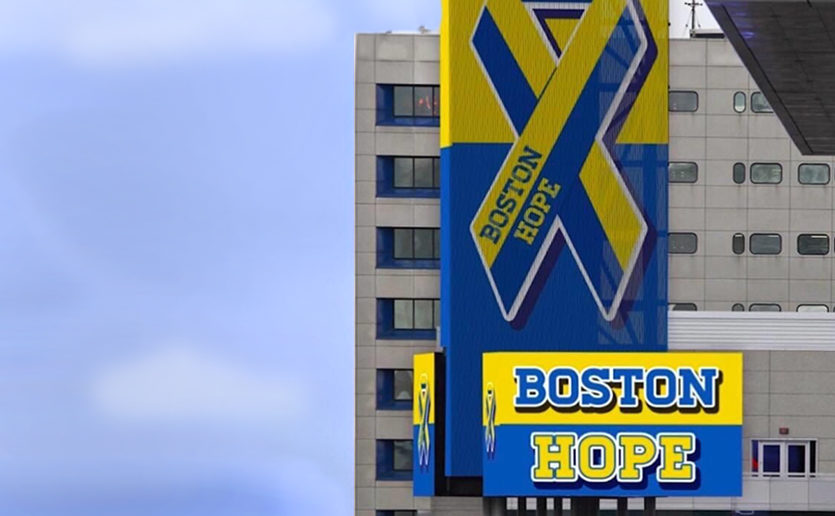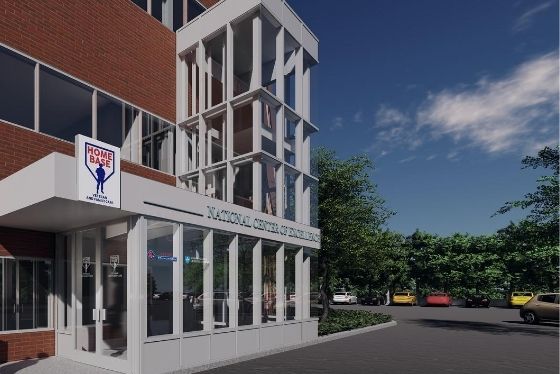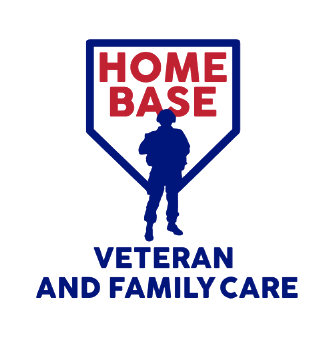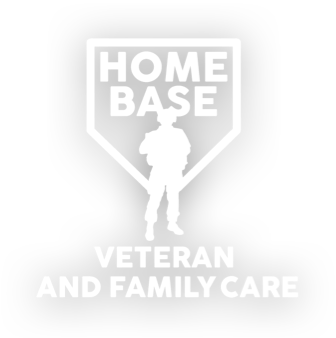COVID-19, One Year Later
 This month marks one year since the day the World Health Organization officially declared the spread of the coronavirus a pandemic. In the time that has passed since March 11th, 2020, “unprecedented times” have gradually evolved into a “new normal” as the fallout associated with the pandemic continues to unfold. As a national organization dedicated to bringing healing and hope to Veterans, Service Members, and their Families from across the nation, stay-at-home orders and social distancing mandates have presented unique challenges, but Home Base has developed innovative solutions to ensure the military community continues to receive critical care and support at a time when it is needed more than ever before.
This month marks one year since the day the World Health Organization officially declared the spread of the coronavirus a pandemic. In the time that has passed since March 11th, 2020, “unprecedented times” have gradually evolved into a “new normal” as the fallout associated with the pandemic continues to unfold. As a national organization dedicated to bringing healing and hope to Veterans, Service Members, and their Families from across the nation, stay-at-home orders and social distancing mandates have presented unique challenges, but Home Base has developed innovative solutions to ensure the military community continues to receive critical care and support at a time when it is needed more than ever before.
As COVID began to sweep across the nation last spring, there was growing concern that the increased stress and anxiety associated with the pandemic, combined with existing mental health injuries, would have devastating results for Veterans. In a recent study by Cohen Veterans Network (CVN) and Meadows Mental Health Policy Institute (MMHPI), it is estimated that more than 500 additional Veterans could be lost to suicide annually due in part to a 5% rise in unemployment, and around 20,000 more Veterans could suffer from addiction compared to pre-COVID levels.
“After Home Base made the difficult decision in March to suspend all in-person programs, the team immediately recognized the gravity of the situation,” explained Home Base Executive Director Brigadier General (USA ret.) Jack Hammond. “We quickly pivoted to ensure our patients continued to receive vital mental health care services online, while simultaneously working to prepare our Boston headquarters for a safe reopening.”
Although we were able to continue outpatient care in our SouthWest Florida clinic, practically overnight, Home Base grew from ~ 1% to 100% telehealth visits for the Outpatient Clinic in New England. As the pandemic continued to worsen, Home Base launched Operation Health@Home, an online platform that provides essential coaching strategies in fitness, nutrition, mindfulness, and mental health.

When Home Base’s Executive Director Brigadier General (USA ret.) Jack Hammond was asked by Massachusetts Governor Baker to lead the build-out and operations of Boston Hope, the 1,000-bed hospital for COVID-19 patients constructed inside the Boston Convention and Exhibition Center, he was joined by more than 50 Home Base staff members who went above and beyond their core missional duties to serve on the frontlines of the pandemic and care for more than 700 COVID-19 patients. The innovative solutions developed at Boston Hope provided the team with great insights into ways in which technology could be leveraged to safely reopen the clinic.
By using lessons learned from Boston Hope and implementing important changes following CDC and Massachusetts General Hospital Infectious Disease guidelines, Home Base safely reopened several in-person offerings in July 2020. Within four weeks, the team reached full operational capability with 24 Veterans arriving from all over the country every two weeks.
“Home Base was one of the first national clinic programs to fully reopen at Massachusetts General Hospital,” said Chief Operating Officer Michael Allard. “The team’s experience on the frontlines at Boston Hope inspired the development of groundbreaking solutions to ensure everyone’s safety.”
Veterans, Service Members, and Families receiving care at Home Base now receive COVID testing before and during treatment, and universal masking and temperature and symptom screening are required. In addition to limiting cohort sizes, Home Base continues to limit the number of employees on-site and has hired full-time cleaning support throughout the treatment day. To provide additional flexibility, some clinical visits are conducted on a HIPPA compliant secure telehealth platform and entire treatment programs can be converted fully to virtual if the need arises.
“Through innovative thinking and pivots to virtual care whenever possible, Home Base has entered 2021 with promising stride,” said Michael Allard. “Our team is continuously monitoring this fluid situation, and we are poised to make changes as necessary to adapt and improve.”
While some of the operational changes Home Base has pioneered will be unnecessary once the pandemic ends, there have also been developments that the team hopes will extend beyond the COVID-era.
“One silver lining of this terrible pandemic has been the adoption and effectiveness of telehealth,” explained Interim Chief Medical Officer Kaloyan Tanev, MD. “Telehealth allowed Home Base to serve patients when we were unable to offer in-person visits at the beginning of the pandemic, and it continues to be an important, safe option that allows us to decrease barriers to care even as some clinical services are resuming in-person care.”
 Since its inception in 2009, Home Base has been committed to removing barriers of care to make its world-class programs as accessible as possible. While these efforts were originally centered around barriers such as discharge status and cost, the shift to “virtual care” has enabled Home Base to address the biggest barriers Veterans, Service Members, and Families currently face: distance and the inability to seek care via telehealth across state lines.
Since its inception in 2009, Home Base has been committed to removing barriers of care to make its world-class programs as accessible as possible. While these efforts were originally centered around barriers such as discharge status and cost, the shift to “virtual care” has enabled Home Base to address the biggest barriers Veterans, Service Members, and Families currently face: distance and the inability to seek care via telehealth across state lines.
“With the need to increase Veterans’ access to mental health care greater now than ever, the way this care is delivered must be adjusted to fit the world we live in today,” said Deputy Chief Medical Officer Alexis Iaccarino, MD. “We are working hard to establish permanent interstate compacts that will allow Veterans anywhere in the country to access treatment—even after the pandemic ends.”
Some of Home Base’s “lighter touch” programs have also gone virtual during the pandemic. The Veteran and Family Outreach team has established “virtual meet-ups” for Veterans, Service Members, and Family members. Held weekly and accessible to participants from across the nation, these meet-ups are a way for the military community to stay connected while remaining physically distanced.
Home Base’s Adventure Series has also gone virtual to ensure that military families have access to free, family-friendly, and educational online activities. Past events have included arts and crafts sessions with the MassArt Art Museum, and virtual museum tours of the USS Midway Museum in San Diego.
From the pivot to telehealth to the reopening of in-person programs, the past year has been transformative for Home Base. As the team looks to the future, it is evident that many of the lessons learned will inform a new era of healing and hope for Veterans, Service Members, and their Families from across the nation, and that the Home Base team is poised to continue its mission—no matter the challenges.
To Connect with Care at Home Base, please complete and submit the Connect with Care form or call 617-724-5202.


 Home Base
Home Base